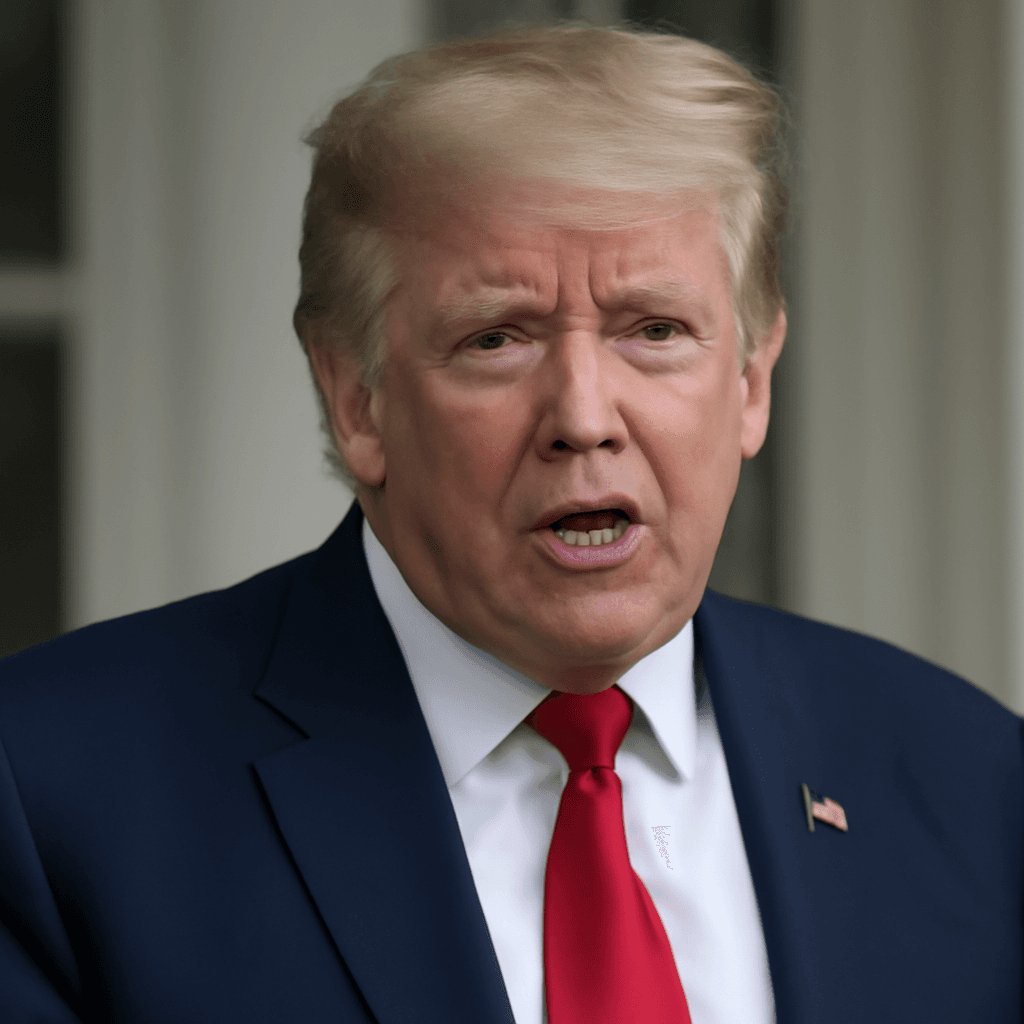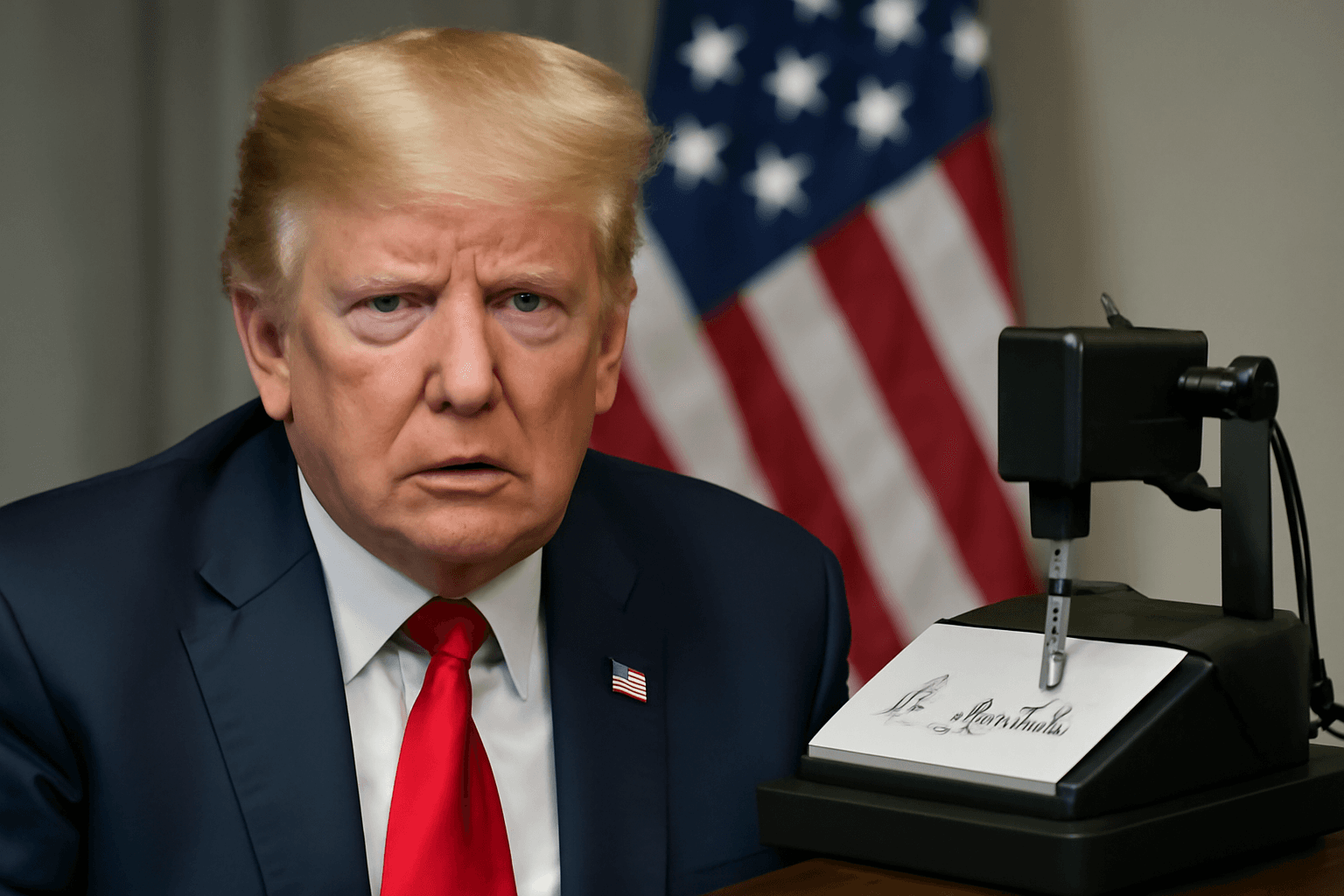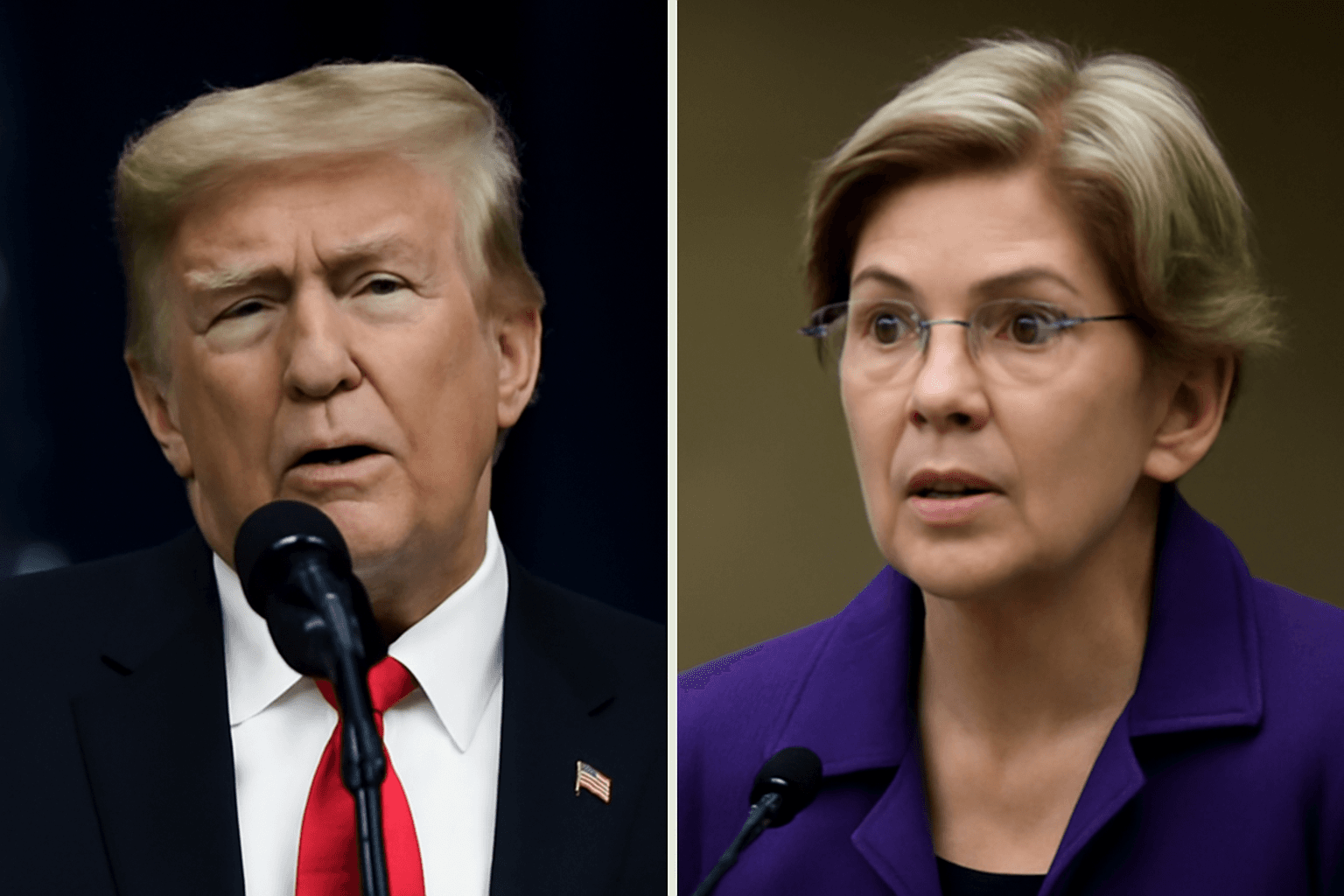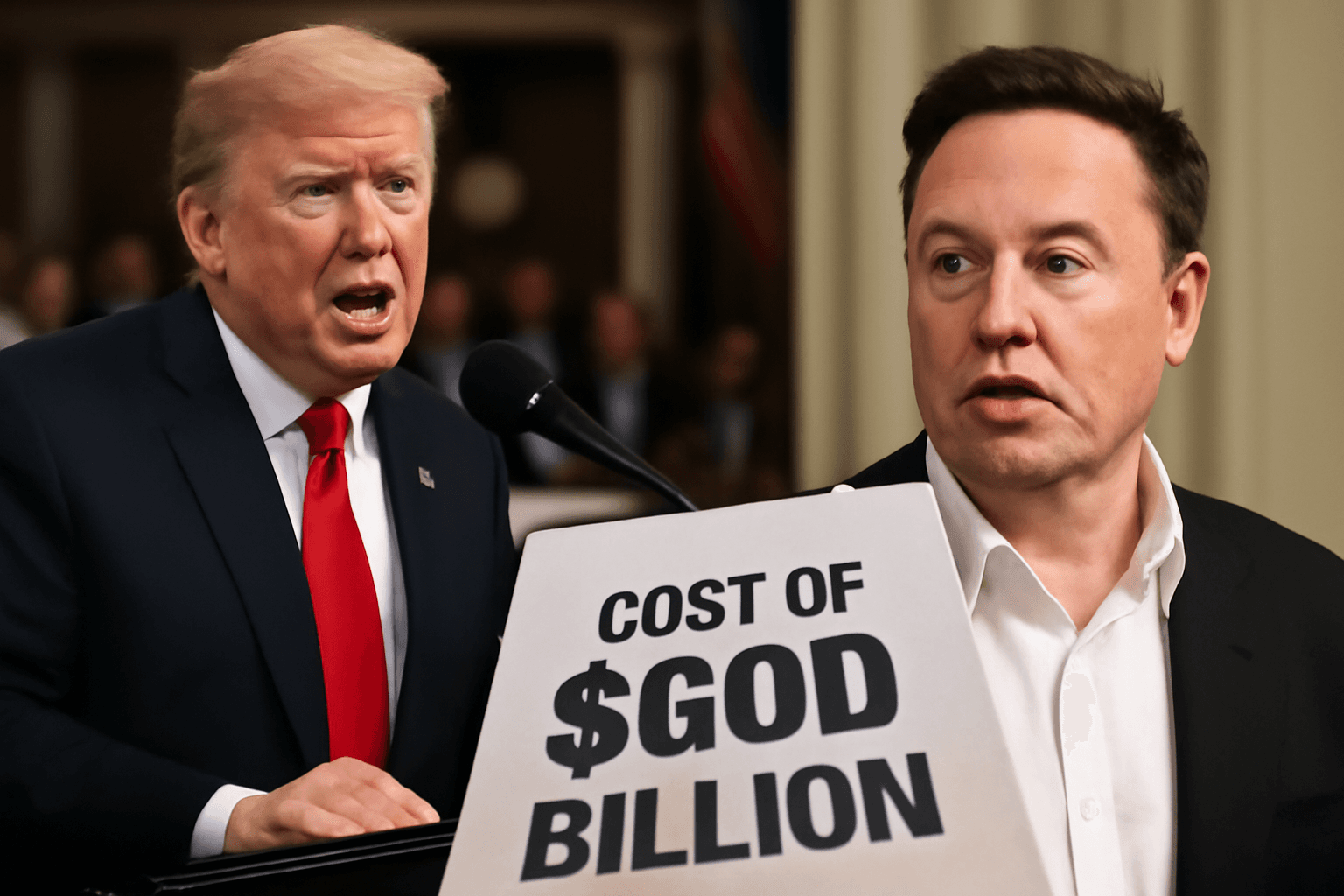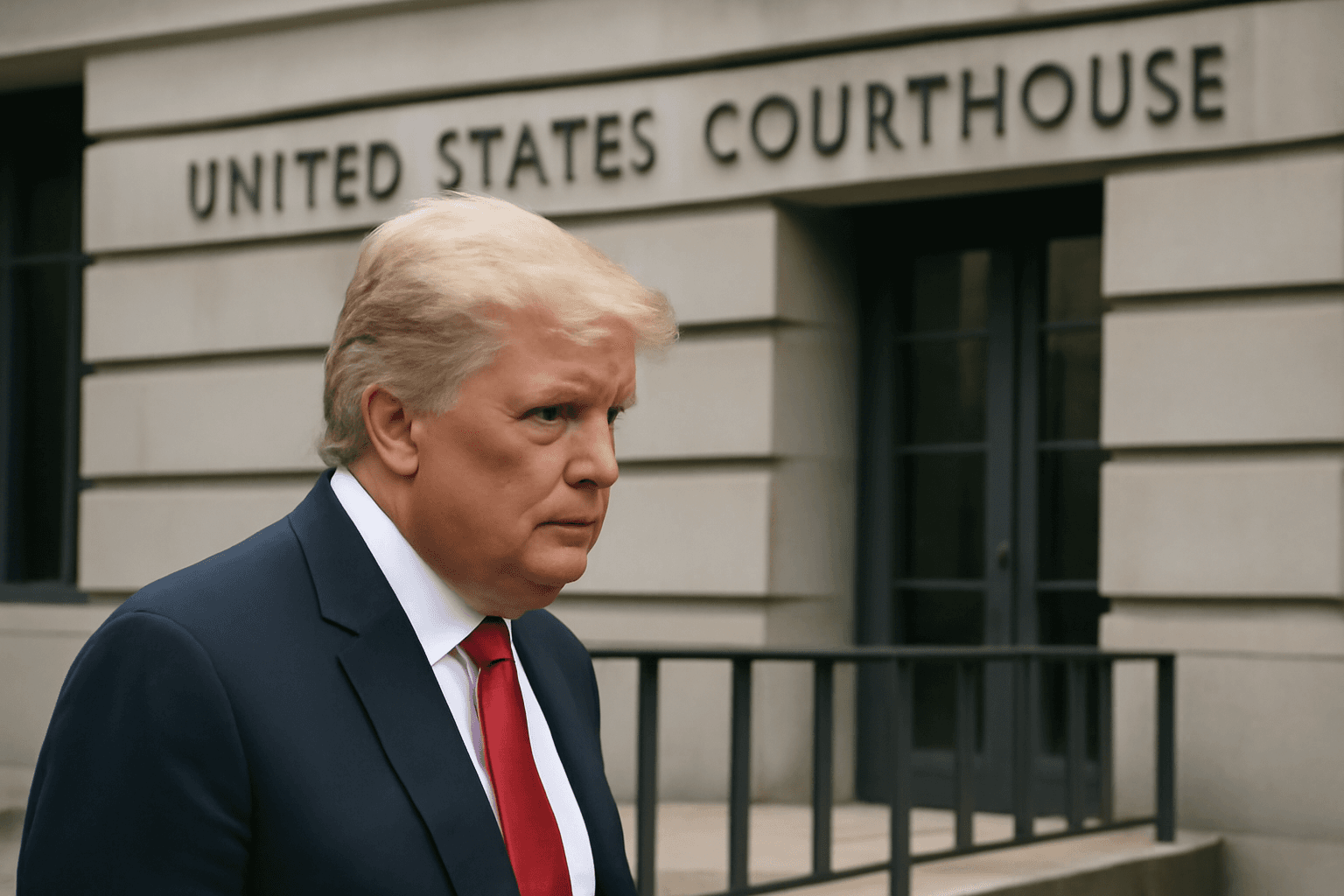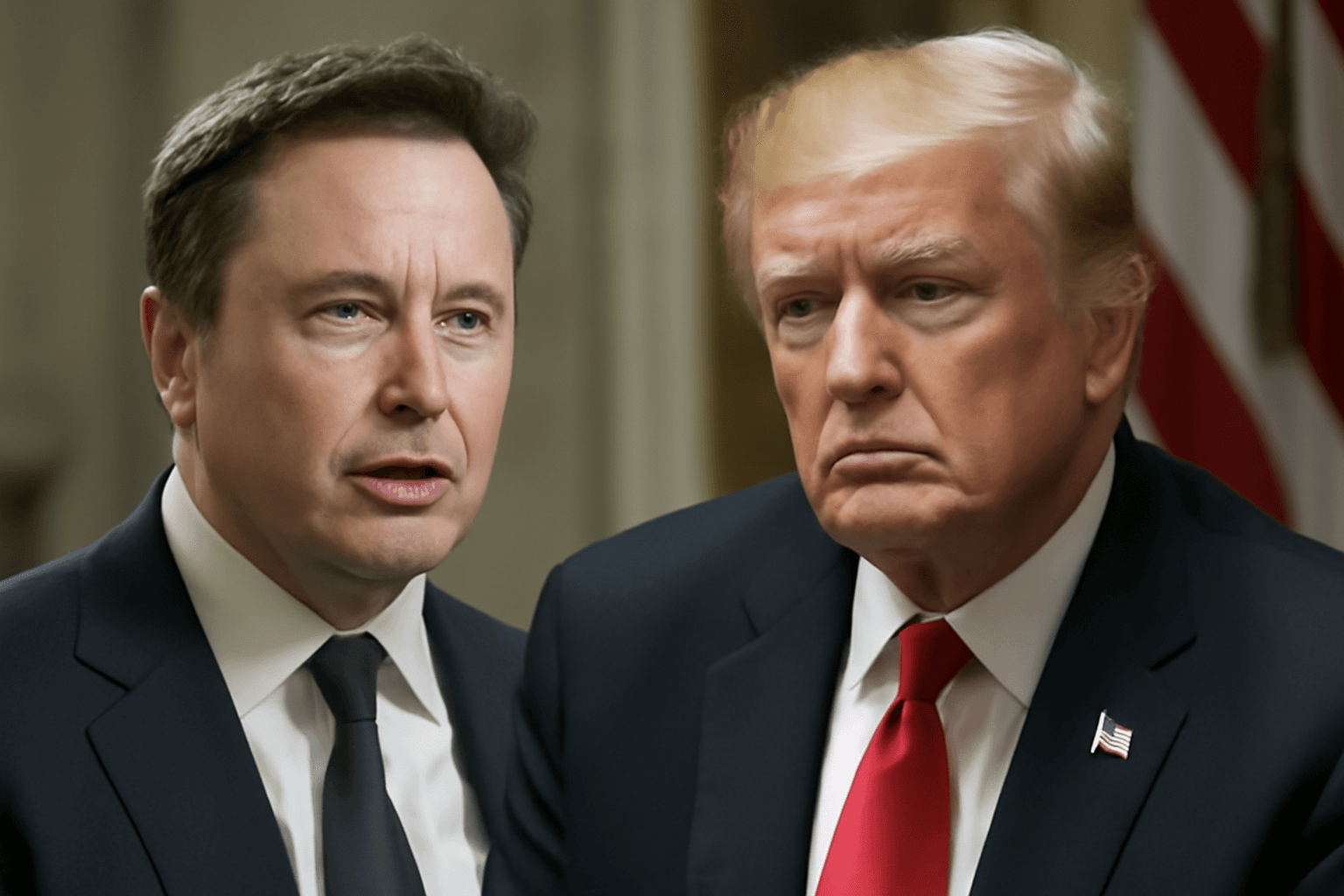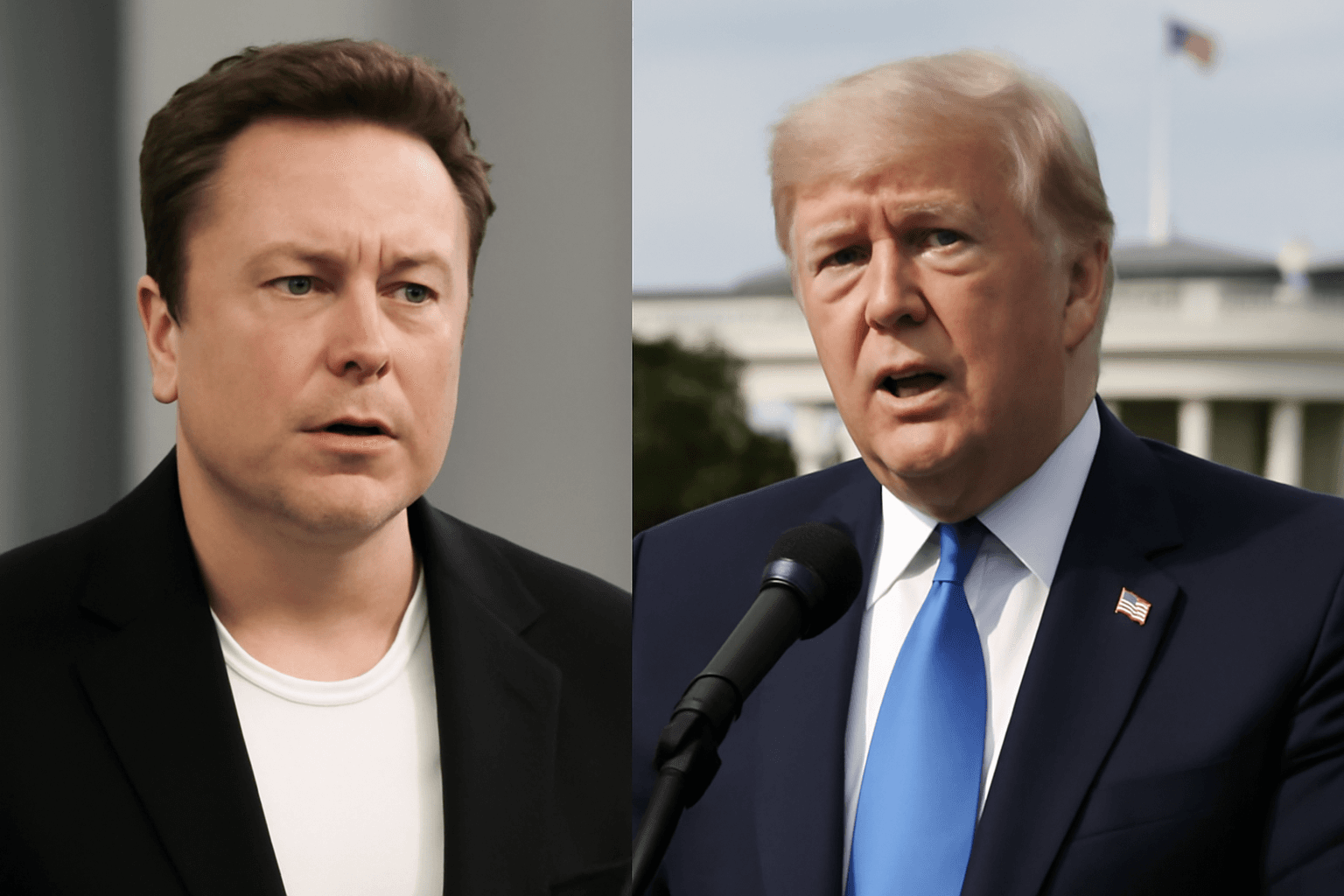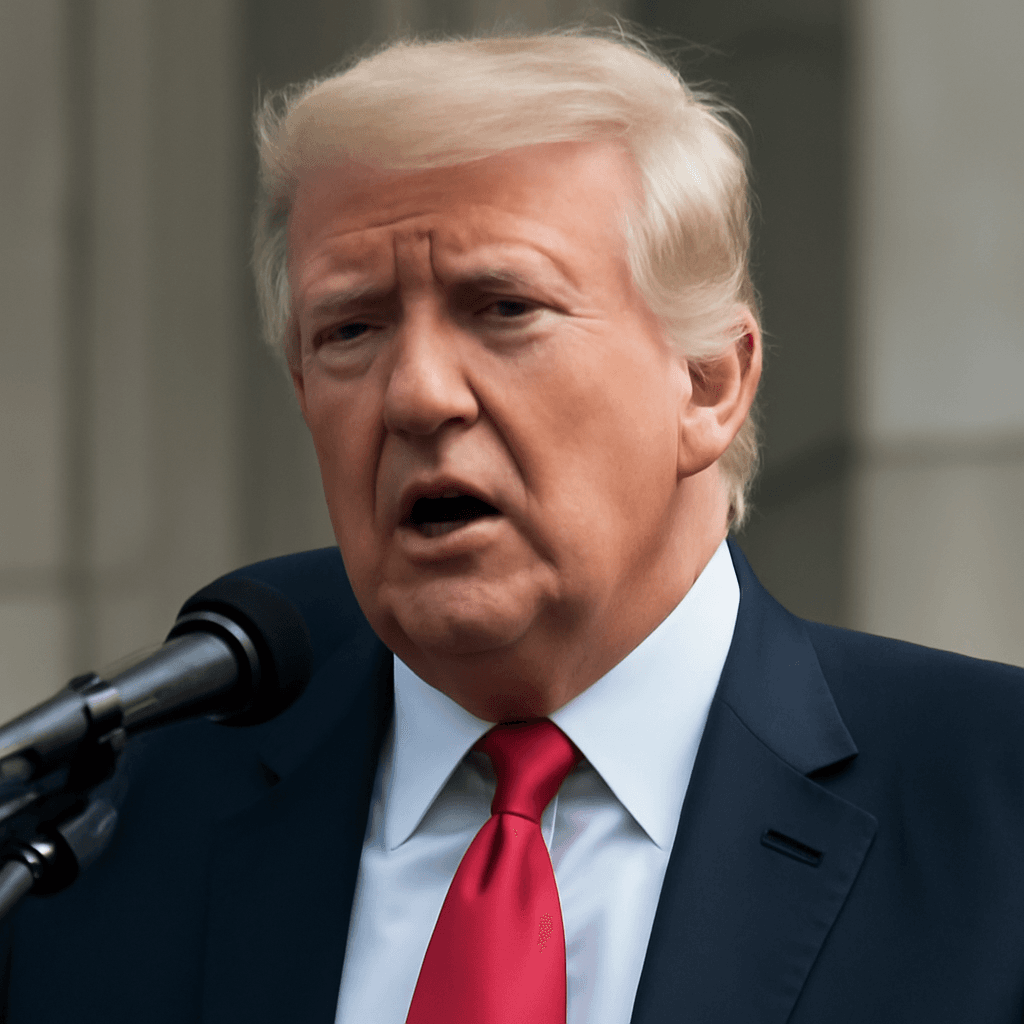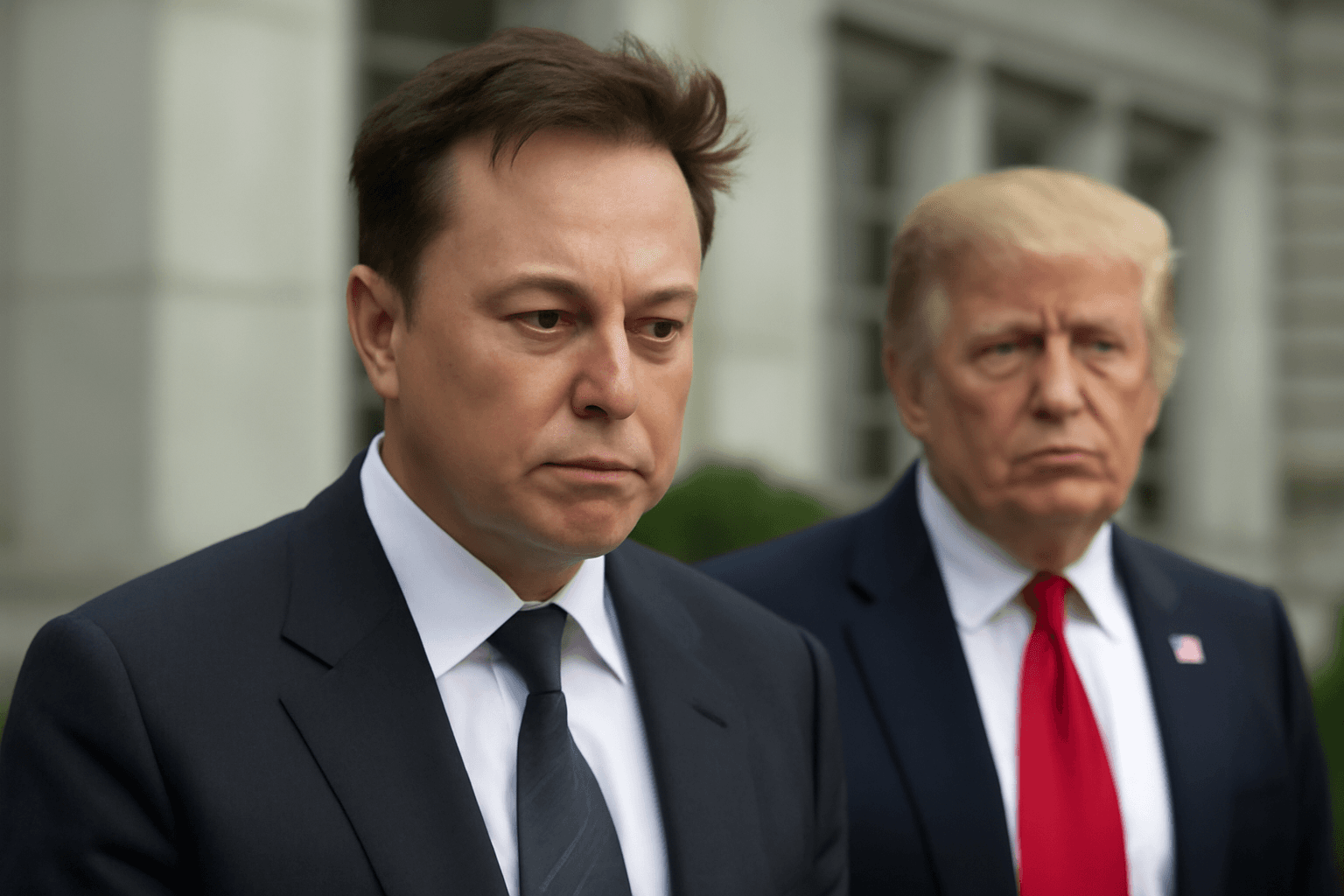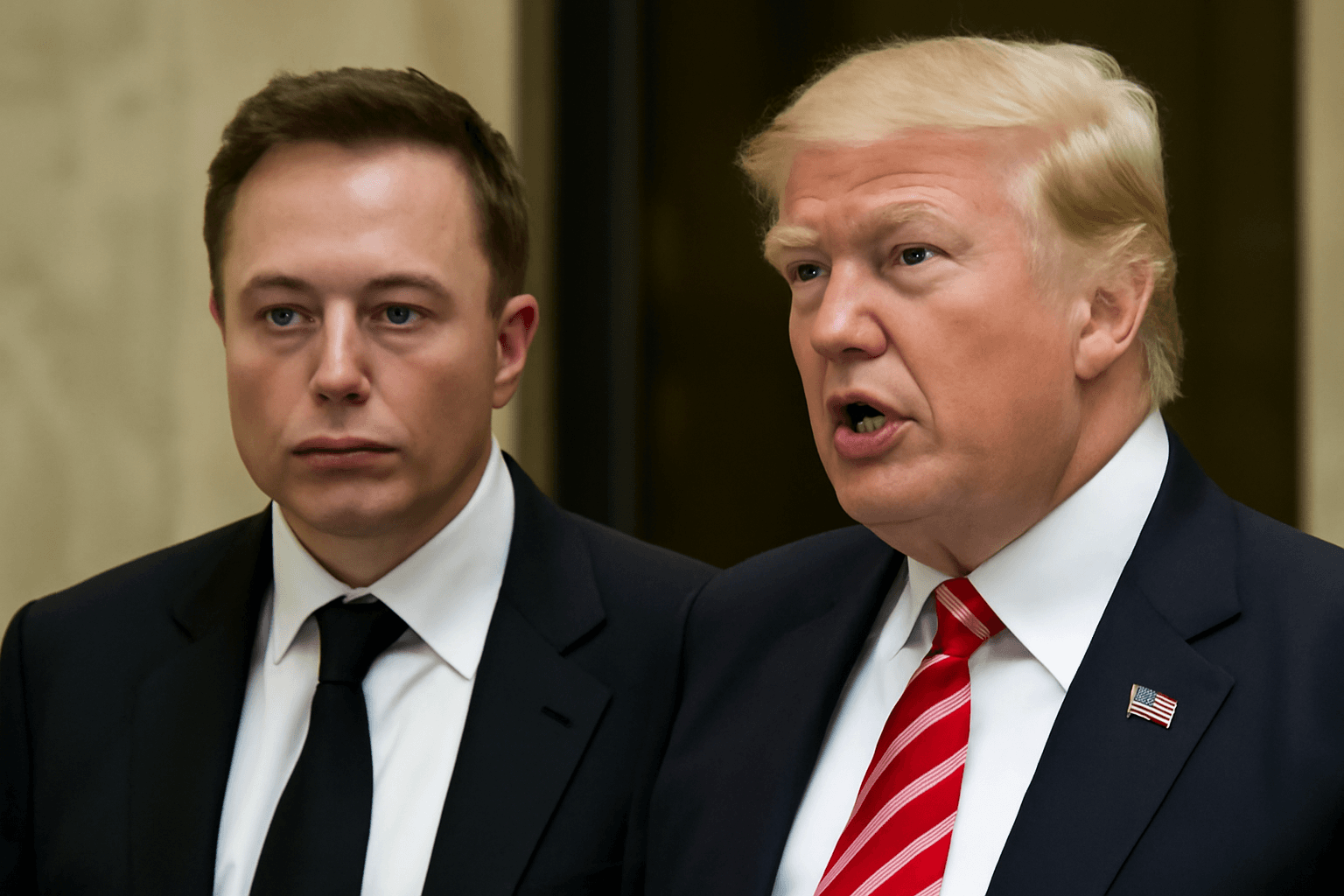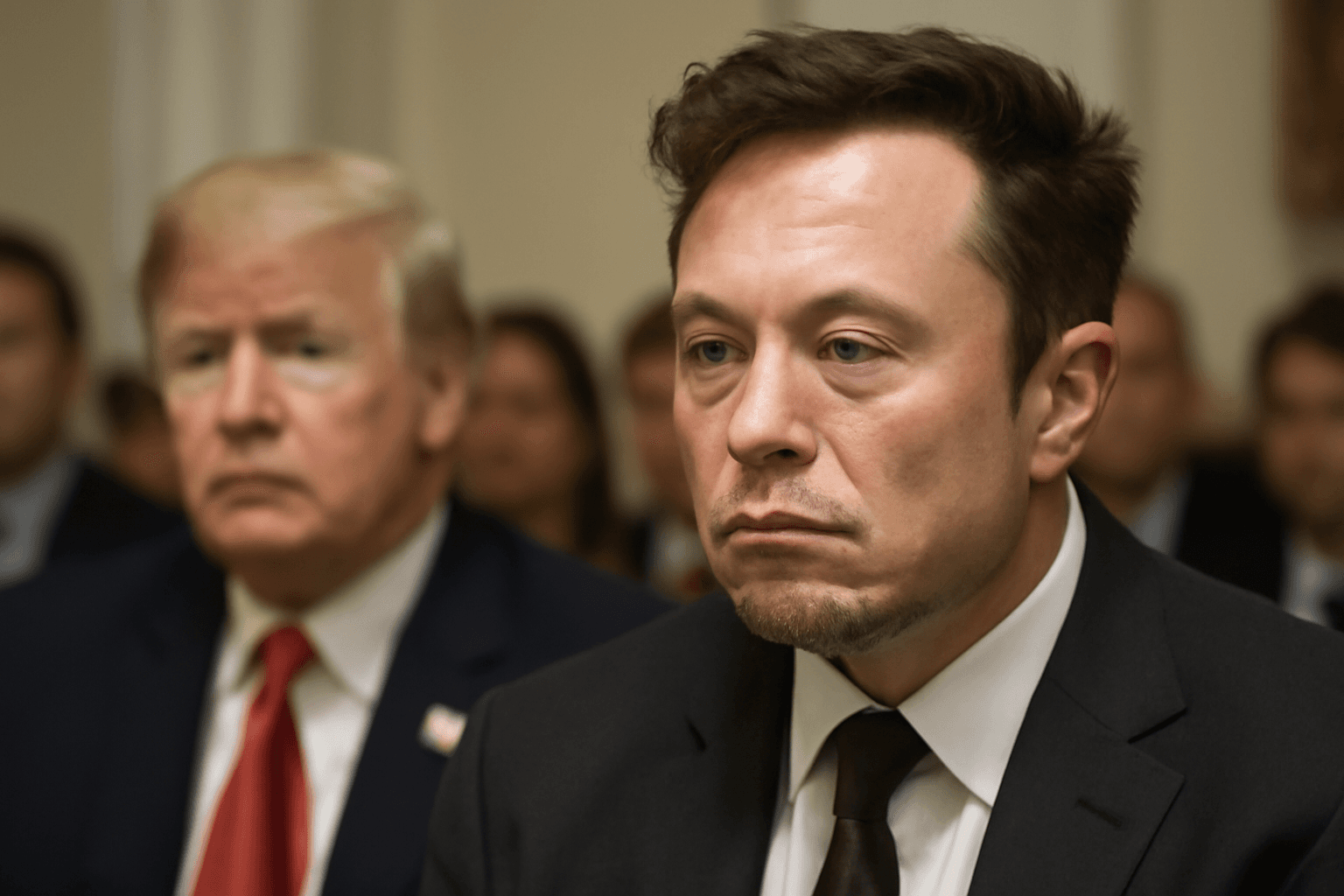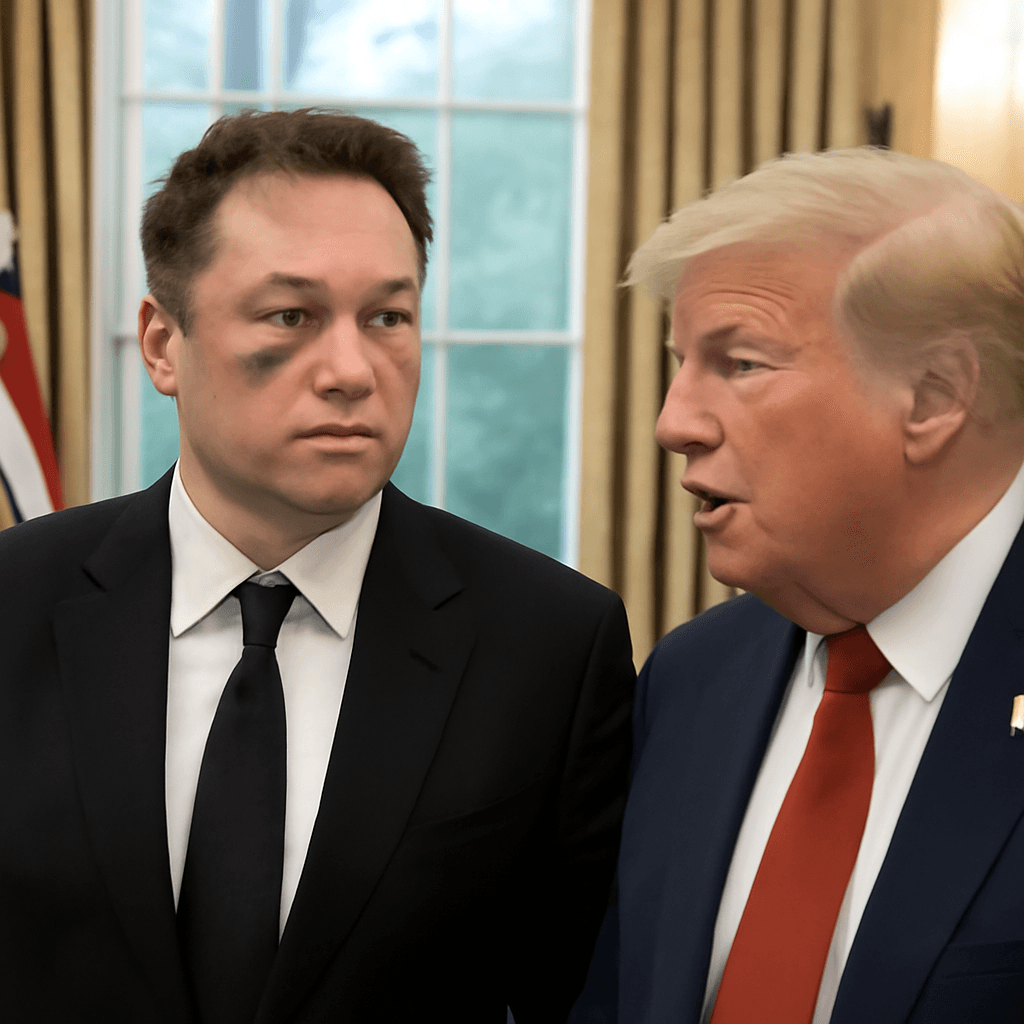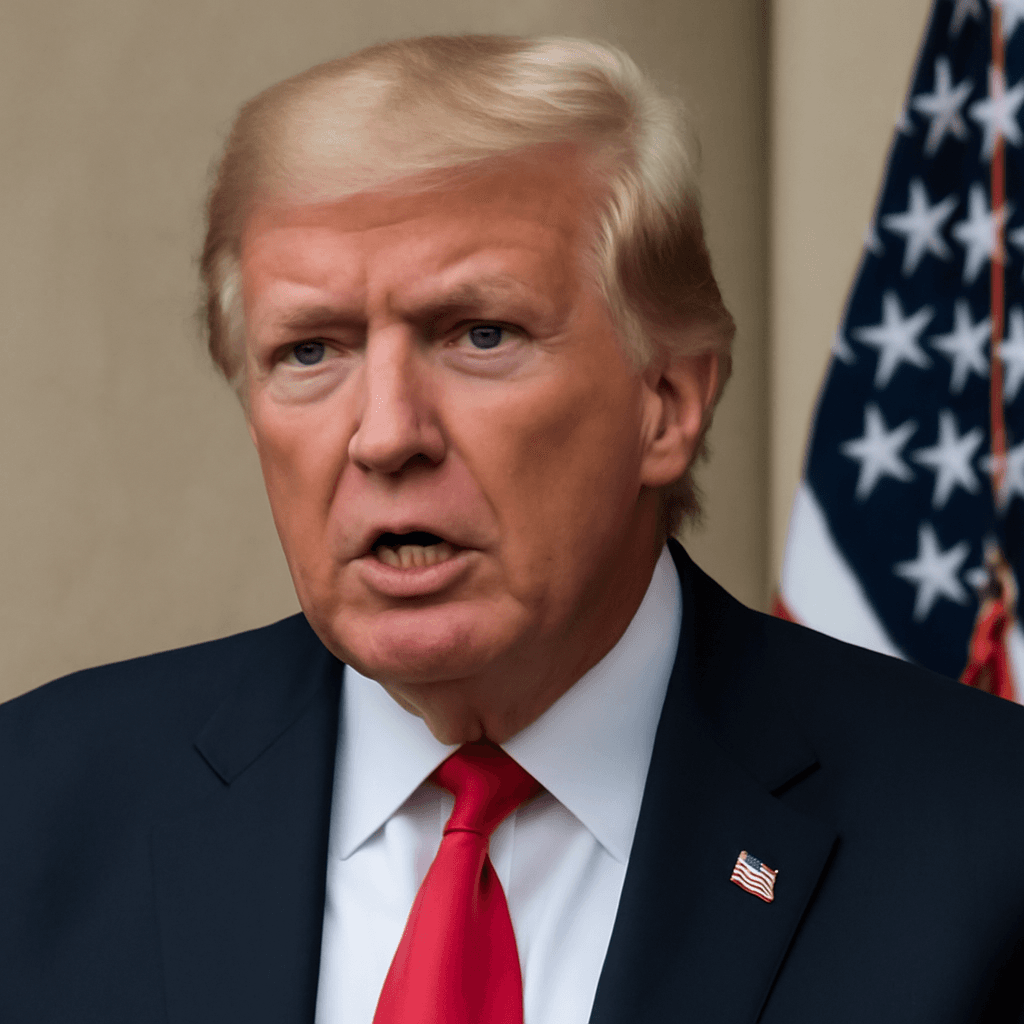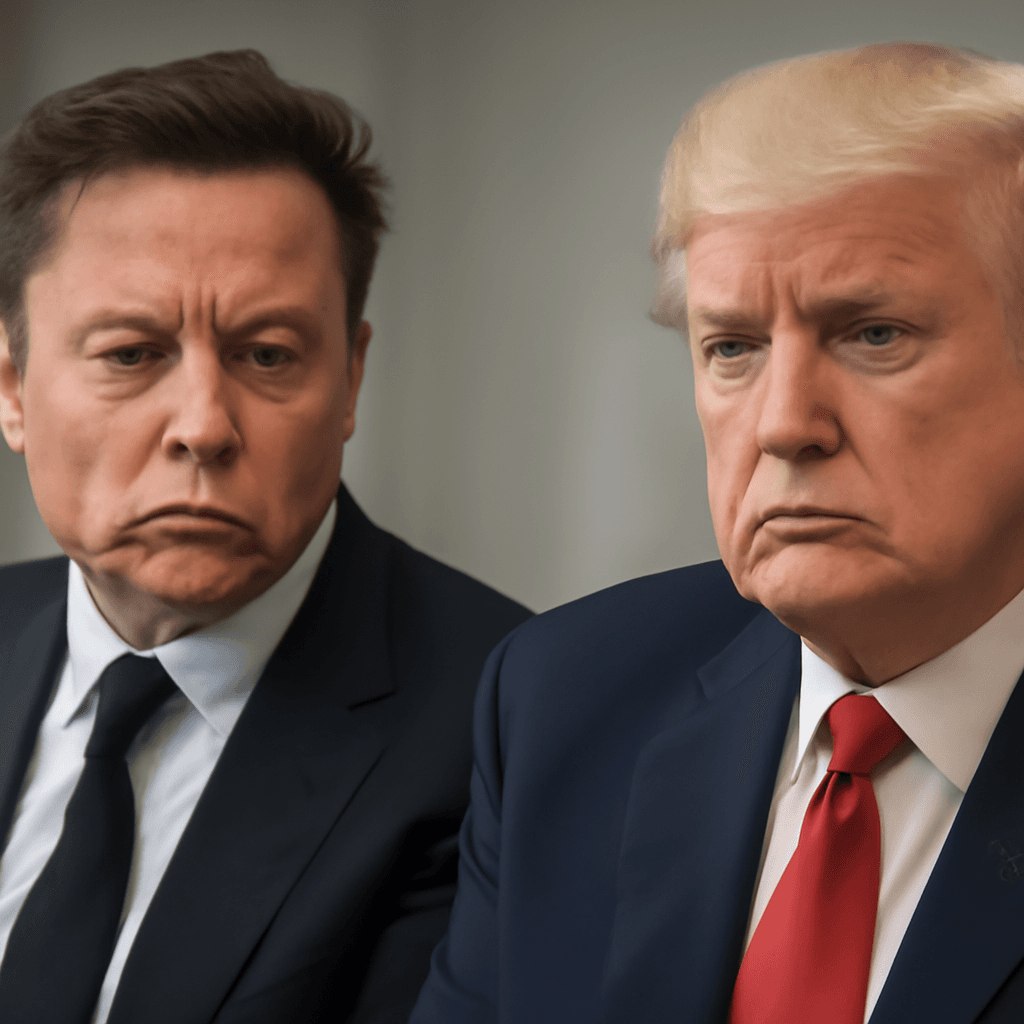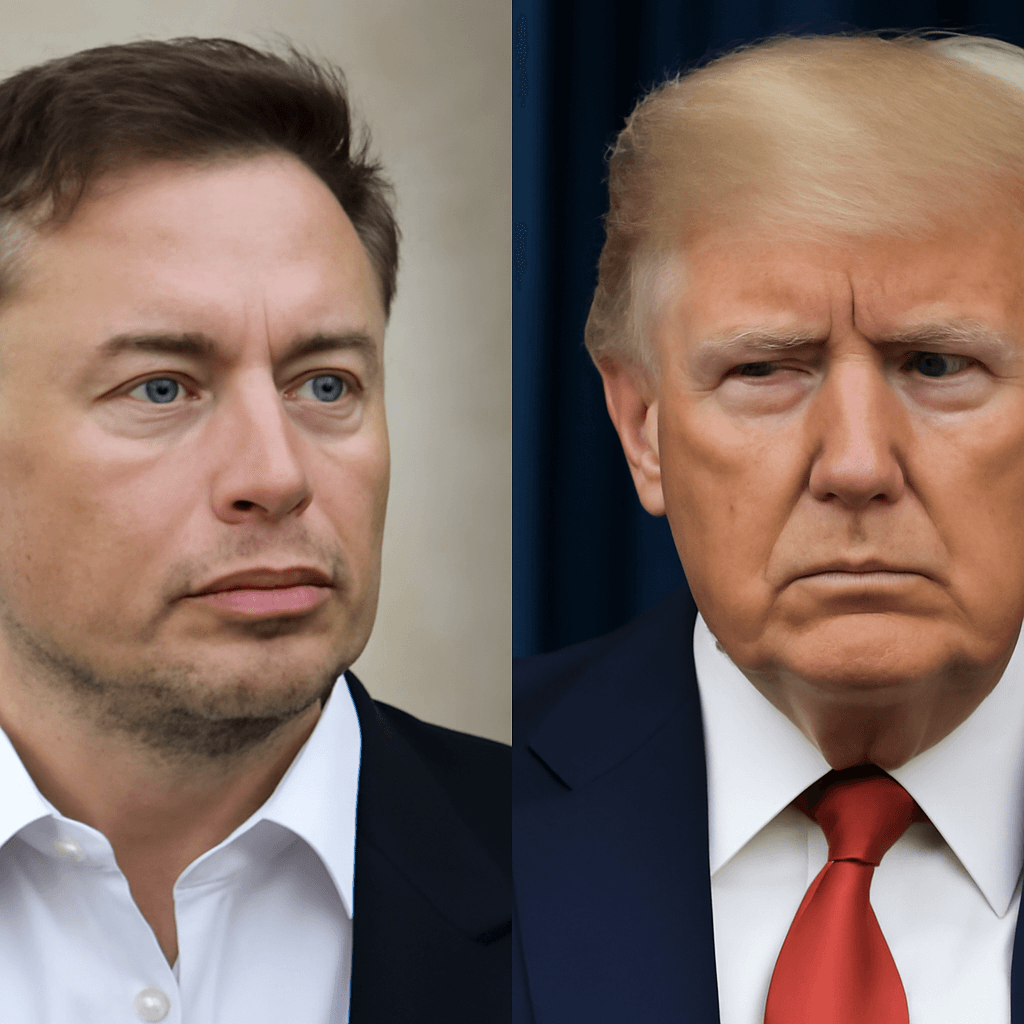Trump Shares Unsubstantiated Claim About Biden
Former President Donald Trump recently circulated an extraordinary conspiracy theory suggesting that President Joe Biden was "executed in 2020" and replaced by a robotic clone. This claim was posted on Trump's social media platform, Truth Social, marking yet another instance where he has spread unfounded narratives to his large audience.
Pattern of Promoting Falsehoods
Trump has a long history of endorsing debunked or speculative theories not only on social media but also within official platforms. His administration has been linked to promoting misinformation through senior officials, and Trump himself has propagated numerous erroneous claims during his time in office.
For example, Trump has inaccurately asserted that white South African farmers are victims of widespread killings, although crime data does not support this claim. Such statements have been presented even in formal settings, undermining factual accuracy.
Impact of Trump's Misinformation Campaign
- Over his four years as president, Trump reportedly made over 30,000 false or misleading statements, averaging 21 per day.
- In 2024, analysis showed that more than 300 of his social media posts involved alleged secret plots against him or the American public, often implicating specific entities without evidence.
- The conspiracies included claims such as the FBI plotting his assassination and government officials orchestrating the Capitol riot on January 6, 2021.
Context of Biden’s Health and Recent Events
Trump's reposting of the robotic clone theory coincided with President Biden publicly announcing he was undergoing treatment for an aggressive form of prostate cancer. Trump has insinuated that this diagnosis was known earlier but deliberately kept from the public.
Calls for Responsibility in Information Sharing
The spread of baseless conspiracies by high-profile figures raises concerns regarding misinformation and its effects on public trust and political discourse. There is ongoing debate about the role of social media platforms in moderating such content, balancing free speech with the need to prevent the proliferation of harmful falsehoods.

